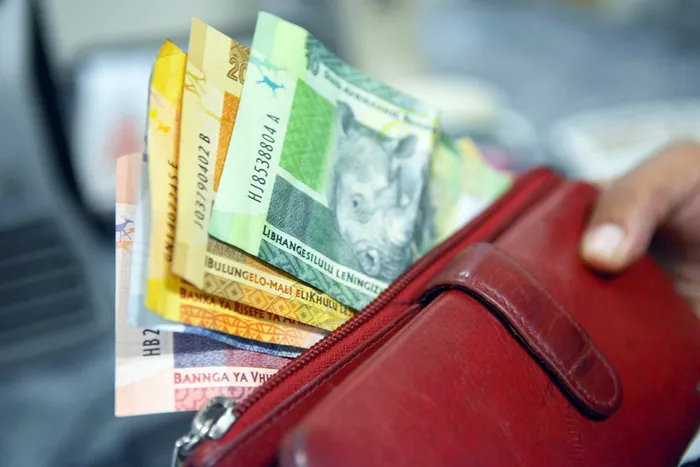
eThekwini councillors had mixed reactions to the Special Debt Relief Programme that was approved at a council meeting on Thursday.
Image: File
eThekwini councillors representing the smaller political parties had mixed reactions to the Special Debt Relief Programme that was approved at a council meeting on Thursday.
The municipality has reinstated its programme from November 1, 2025, to January 31, 2026, and offers domestic and business customers 50% write-off on arrear debt accrued up to January 31, 2025.
Ratepayers who are unable to pay their arrears in full may opt for instalment plans, provided the debt is settled in full by January 31, 2026.
Additionally, those that have accumulated debt from February 1, 2025, to June 30, 2025, must settle the outstanding debt.
The municipality explained that if they cannot afford to do so in one payment, they can enter into an arrangement that will end on June 30, 2026. No interest will be charged.
Andre Beetge, DA eThekwini Ward 97 councillor, explained that the recent close-out report of a similar programme that ran for 45 days between mid-May and the end of June 2025, during which the city recovered only R1.3 billion of an expected R3.1bn to R6.3bn.
Beetge said that the DA sought clarity on the resolution of billing disputes before payments are made.
Andrew Akkers, Ward 34 councillor, said that for the programme to work, accountability and fairness must come first.
Akkers suggested that Sizakala Centres must be fully equipped and staffed with trained officials, while each centre needs a dedicated officer to handle cases fairly.
“Clear guidelines should be shared so residents know what documents to bring. A single contact point is needed for disputes and no more running from office to office. Debt relief must go together with transparency, accuracy, and oversight,” Akkers said.
Sunitha Maharaj, a Minority Front councillor, said the programme shows a city committed to helping its people while still encouraging accountability to sustain itself.
“While one aim of the relief is to incentivise people to pay their future accounts so that they don't slip back into debt, the city must do its bit by charging affordable rates and placing beneficiaries of this relief on the prepaid meter system to generate cash pre-service,” Maharaj said.
She also proposed:
Patrick Pillay, leader of the Democratic Liberal Congress, said some residents did not have the financial resources when this programme was rolled out early this year.
“The current economic crunch and high increases have left residents in dire financial straits.. We have always expressed that social debt relief programmes are a win-win for both the city and the community. It will bring light into the homes of thousands of people who did not have electricity for many years and were left hopelessly in the dark,” Pillay said.
African Democratic Change's Niel Patchapen described the programme as unjust and inadequate.
Patchapen remains resolute that there should have been a 100% blanket amnesty write-off on all outstanding municipal accounts for both residential and business across eThekwini.
“True financial recovery in eThekwini will only be achieved through transparent leadership, proper billing reform, and a comprehensive debt amnesty that acknowledges the municipality’s failures rather than penalising its citizens,” he said.
Jay Singh, the United Independent Movement (UIM) councillor, called for a 90-day emergency turnaround plan to address what he calls eThekwini’s financial crisis.
Singh suggested that the municipality focus on improving cash collection and accelerating infrastructure spending.
He described the debt relief programme as a short-term fix, adding that the municipality cannot continue writing off revenue while capital expenditure sits at a dismal 50%.
“There is an urgent need for decisive intervention to stabilise the city’s finances. The numbers speak for themselves. We have R41 billion in debtors, but only 19 days of cash on hand. We are technically insolvent,” he said.
Related Topics: